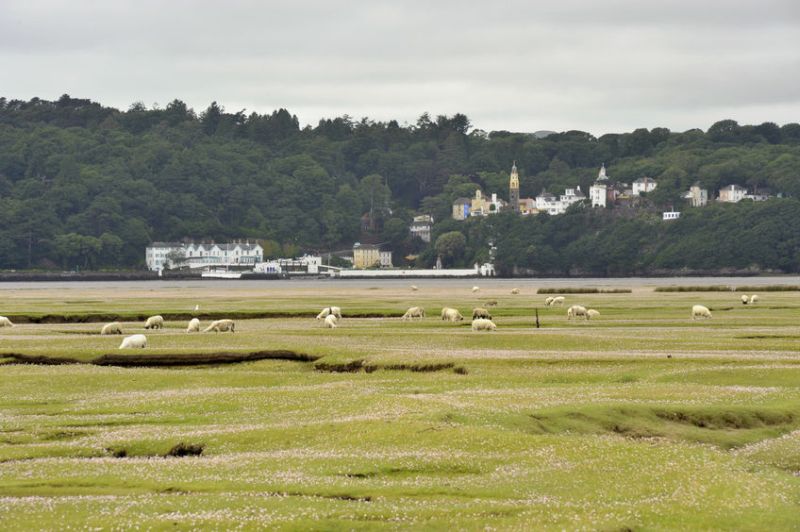
Veterinary bodies have recommended to farmers that castration of ram lambs should only be carried out when there are no suitable alternatives available.
In the absence of licensed local anesthesia and analgesia products in the UK, efforts should be made to reduce the need for painful husbandry procedures, especially where there are suitable alternative options available.
This position is included in a new Animal Welfare Strategy launched today (26 February) by the British Veterinary Association (BVA) and Sheep Veterinary Association (SVS).
They say that to reduce the need for castration, farmers and vets should work closely and tailor their farm animal health and welfare plans where possible, to focus on getting their male flock to reach slaughter weight prior to sexual maturity and on preventive measures to separate young rams and ewes.
For centuries, castration has been considered the go-to, routine husbandry procedure to avoid unwanted pregnancies, ram taint (the tainting of meat which can cause an unpleasant taste) and aggressive behaviours.
However, the veterinary bodies point to evidence showing that some of the alternative options may have both animal welfare and economic benefits.
BVA Junior Vice President, James Russell, said: “We know anecdotally that a number of farmers are successfully reducing these procedures in their flocks by using alternative measures.
"It is about striking a balance between a need for procedures such as these and the potential for them to cause pain.”
Recognising the devastating health and welfare implications of fly strike, BVA and SVS recommend preventive strategies to minimise this condition as well as ways to reduce the welfare risks associated with the act of tail-docking.
Examples include making sure that the procedure occurs after ewe and lamb bonds have been established to avoid ‘mis mothering’.
As with any intervention, tail docking should only occur after it is agreed under a Veterinary Flock Health Plan.
SVS President, Nick Hart said: “The awareness and implementation of welfare improvements should underpin all aspects of sheep farming.
“With the evolution of our understanding of welfare we believe that discussion between the farm vet and the farmer is essential in formulating the management of the castration of lambs and the removal of tails.
"However, the limitations on the availability of licenced products to minimize the discomfort that can occur due to these procedures makes this policy aspirational.”
